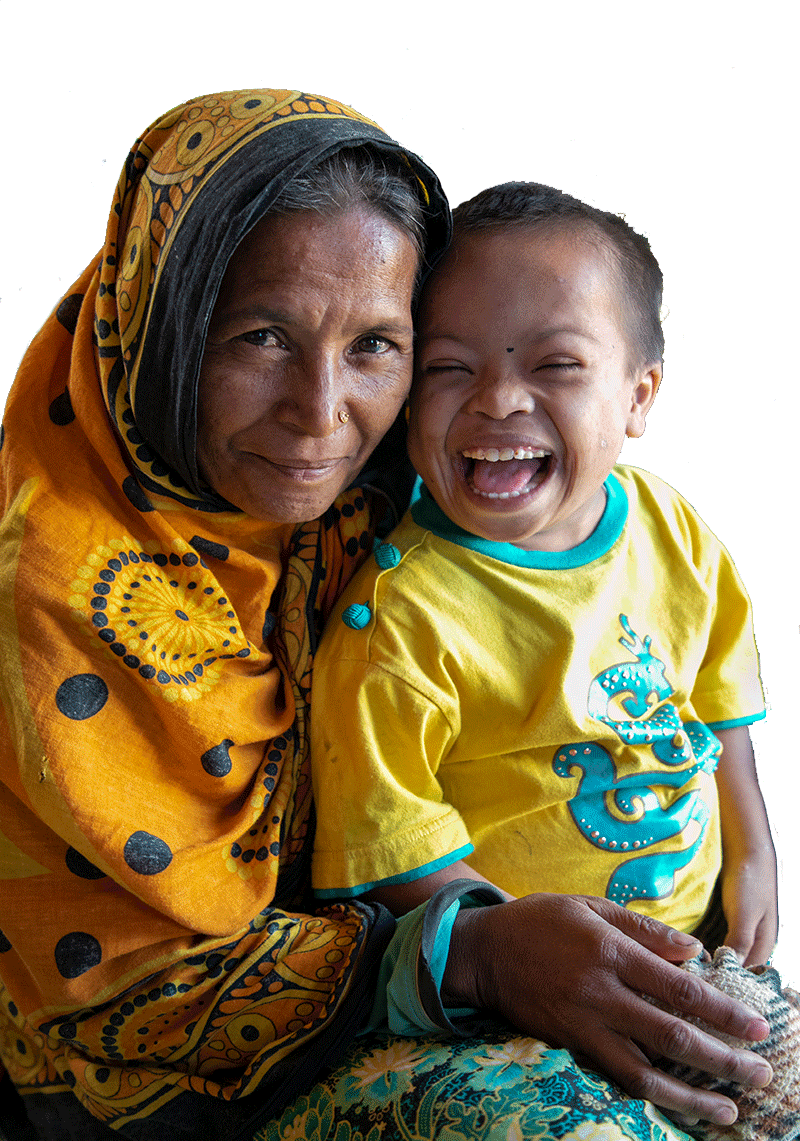2005
Relief International responds to a devastating 7.6 magnitude earthquake. Our teams provide life-saving relief in the form of shelter and emergency food and medical services to more than 200,000 survivors.
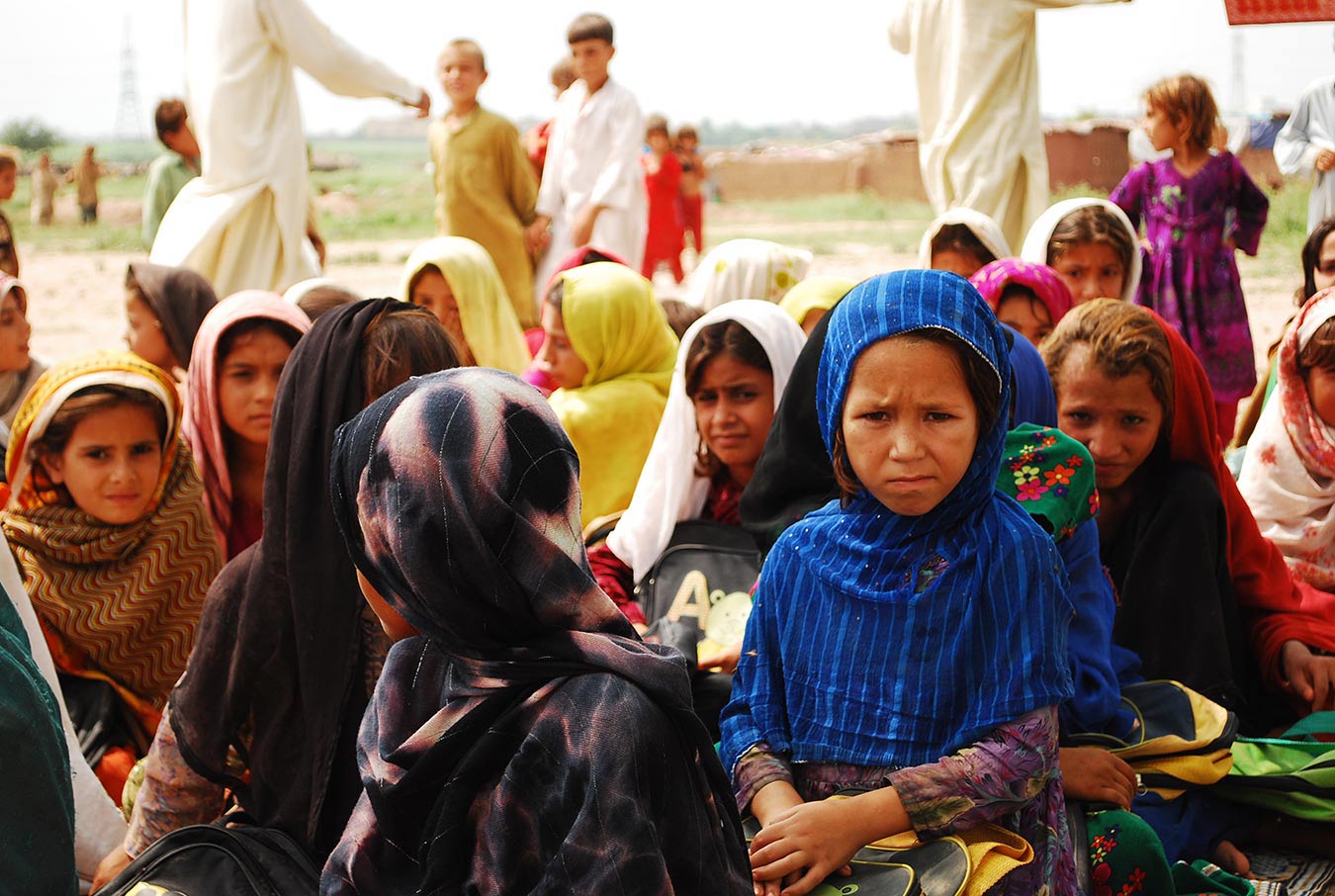
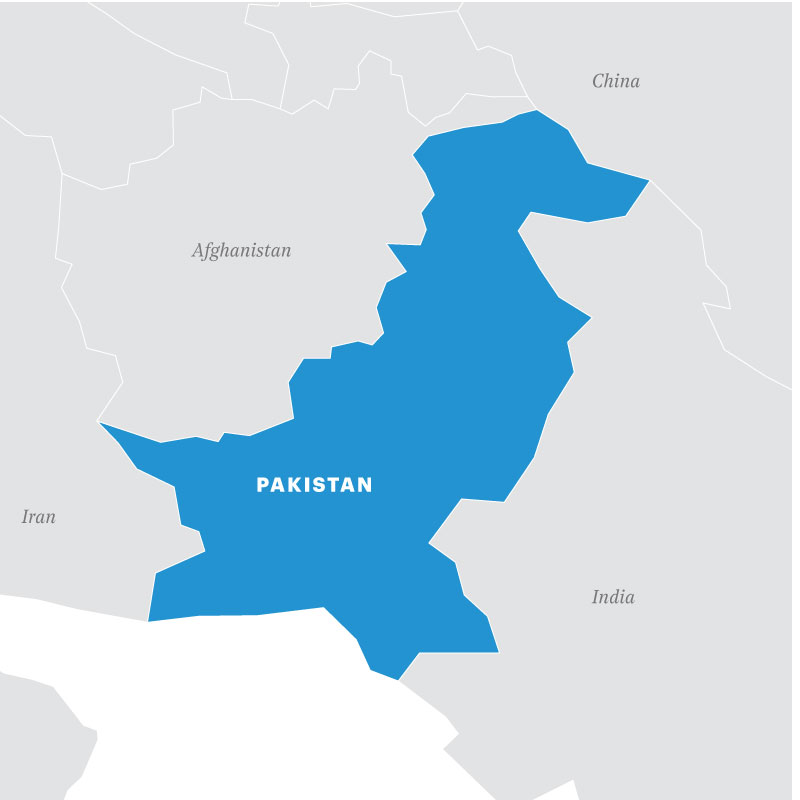
Pakistan hosts more than 1.4 million registered Afghans who have been forced to flee their homes. The majority of them live in Khyber Pakhtunkhwa province, located along the Afghan border, where Relief International is working to improve educational outcomes for vulnerable children.
Cycles of natural disasters combined with unending instability in Pakistan have destroyed livelihoods and displaced families from their homes. As a result, Pakistan currently ranks 161 out of 191 countries on the United Nations Development Program’s Human Development Index.
Relief International works in the poorest provinces in the country, where nearly a third of residents live below the poverty line. Many are Afghan refugees who have fled violence in their country and settled in Pakistan’s northwestern provinces in search of safety and higher living standards.
Relief International has worked in Pakistan since the massive earthquake struck the country’s northern region in 2005. Our teams on the ground responded by providing emergency and healthcare services to the survivors.
Today, our programs focus on responding to the country’s frequent natural disasters by partnering with local communities to restore livelihoods through sustainable agricultural and business initiatives as well as provide healthcare, life-saving shelter kits, food aid, and cash assistance to affected families.
In addition, we focus on improving educational outcomes for vulnerable children and young adults. We collaborate with stakeholders to enroll Afghan refugee and Pakistani children in the 45 schools we support, working to transform an educational system that suffers from poor graduation rates due to poverty and underinvestment.
Our health and nutrition programs provide life-saving care to people in vulnerable situations. Our mobile medical units provide care and offer trauma counseling to affected people living in hard-to-reach areas. At our healthcare facilities, children are screened for malnutrition and treated. We treat waterborne diseases caused by lack of access to clean water sources. To help reduce these diseases, we provide water, hygiene, and sanitation services: improving access to and the sustainable management of existing water sources.
“Thousands of families have been displaced from their homes: their houses completely submerged, and crops and livestock wiped by the floods,” says Relief International Country Director, Ishfaq Anwar. “Relief International’s work in Pakistan has never been more critical, and we are committed to supporting the communities we work with through this intensely difficult period.”
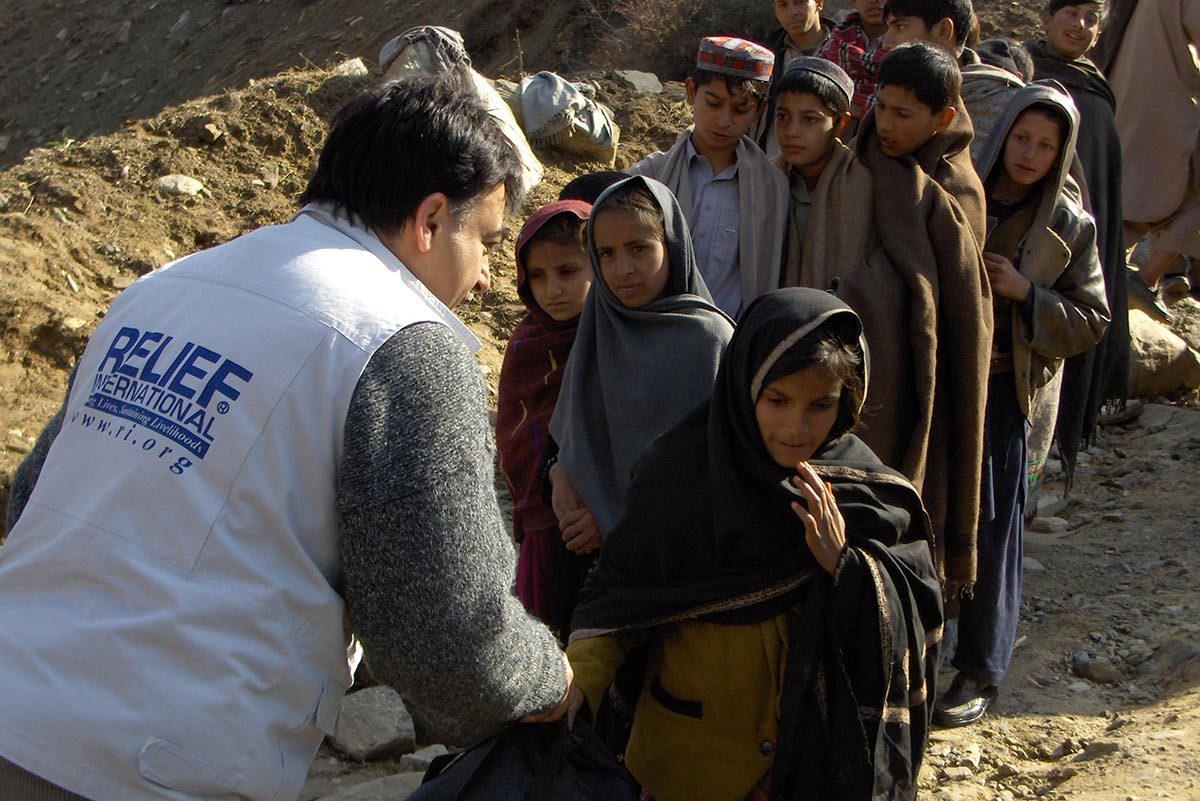
Relief International responds to a devastating 7.6 magnitude earthquake. Our teams provide life-saving relief in the form of shelter and emergency food and medical services to more than 200,000 survivors.
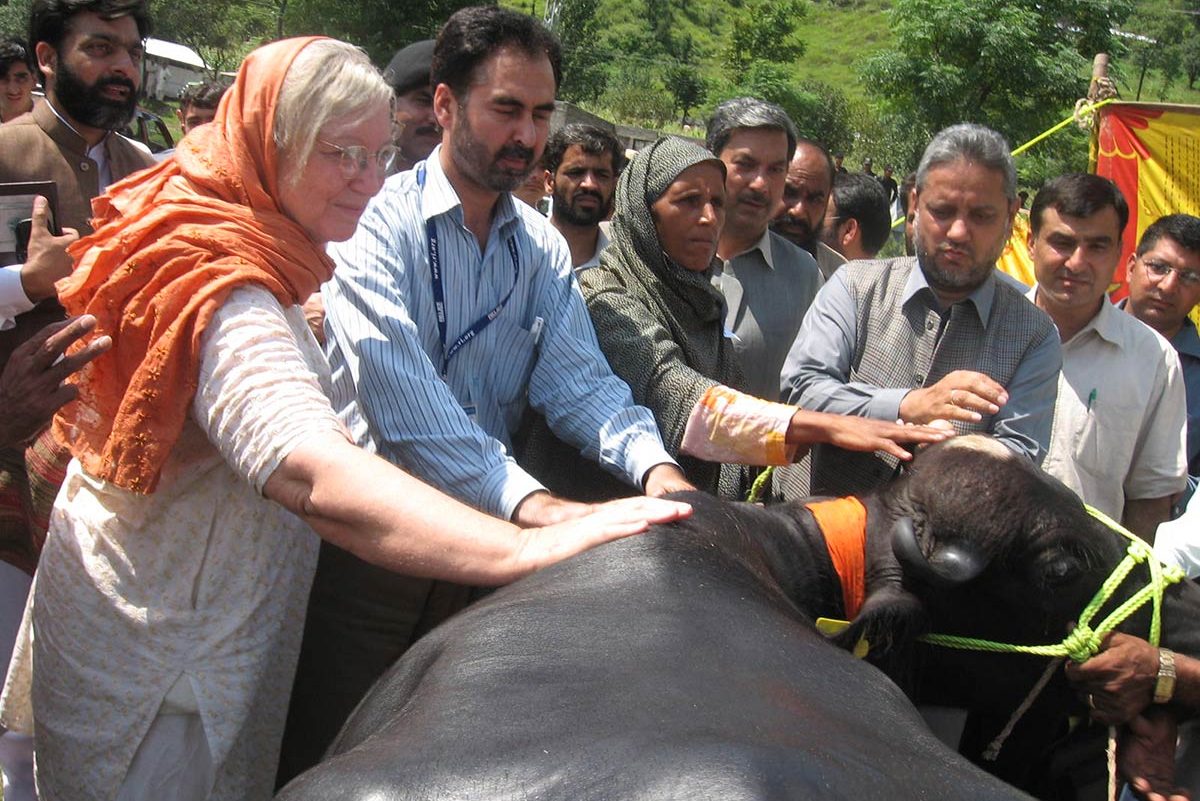
Pakistan’s pastoral communities rely on their herds to support their lives and livelihoods. In earthquake-affected communities, our teams on the ground provide women with new livestock, including goats, sheep, and cows, to ensure they can generate an income for themselves and their families. We also distribute buffalos, which are incredibly valuable for their ability to produce milk and meat, to vulnerable women in Mansehra district.
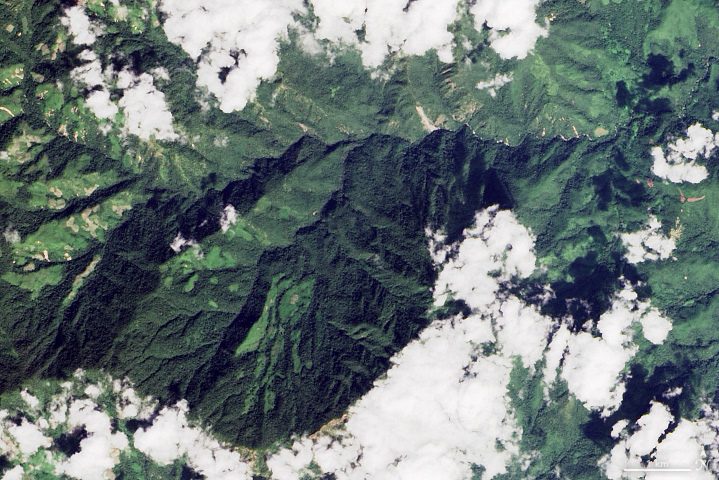
In June, Cyclone Yemyin makes landfall in Balochistan province, located along the border with Afghanistan and Iran, unleashing heavy rainfall and flooding across the province. Relief International leads a consortium of seven nonprofit organizations under the banner of Balochistan Relief and Development Network to provide immediate aid to communities located in the cyclone’s path.
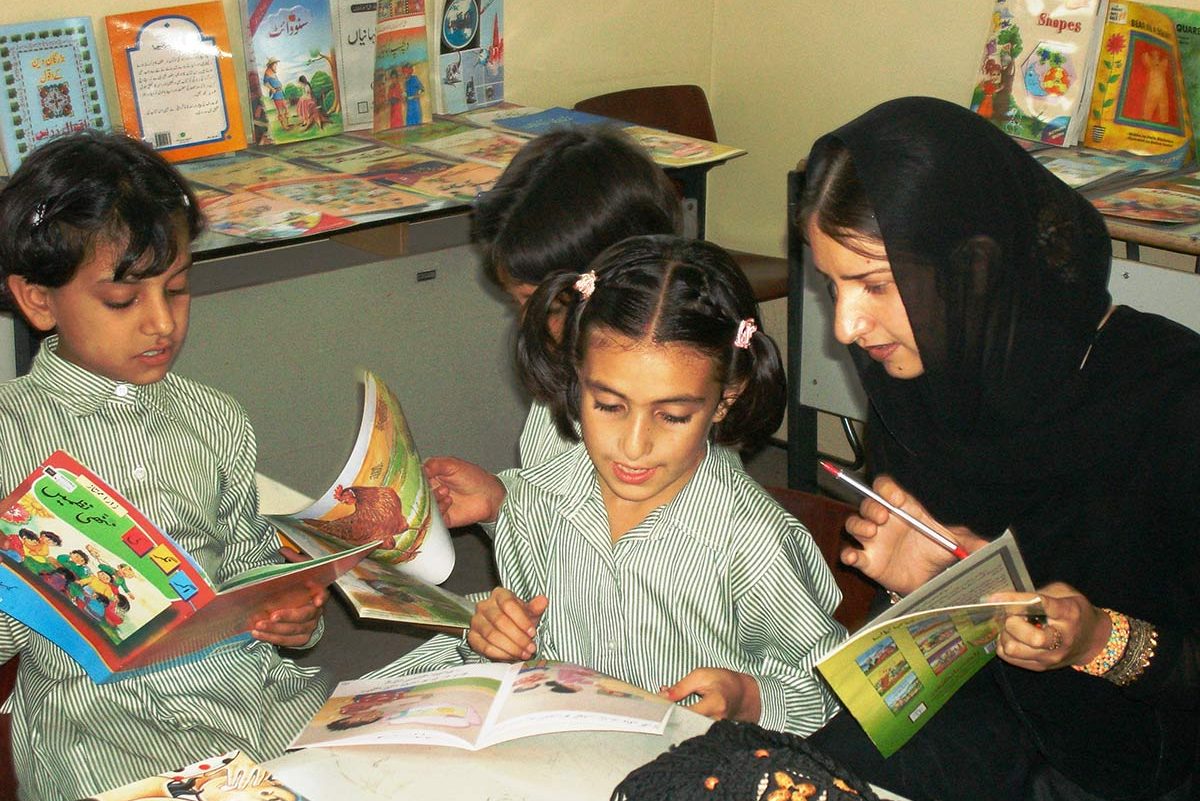
As part of Relief International’s Pakistan Libraries Program, our teams provide books to 300 underserved schools and communities. We also provide these resources to girls who may not traditionally have access to these resources, in an effort to bridge gender gaps in literacy and access to education.
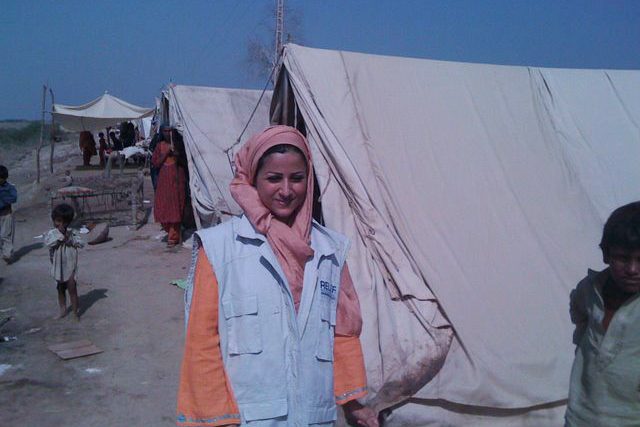
In Pakistan’s rural communities, families rely on their herds of sheep and cows to survive. Their close proximity to animals can quickly spark a disease epidemic, resulting in loss of food and income. Relief International leads initiatives to reduce the risks of Zoonotic diseases – passed between animals and people – to reduce the spread of disease among farmers and herders in Balochistan and Khyber Pakhtunkhwa provinces.
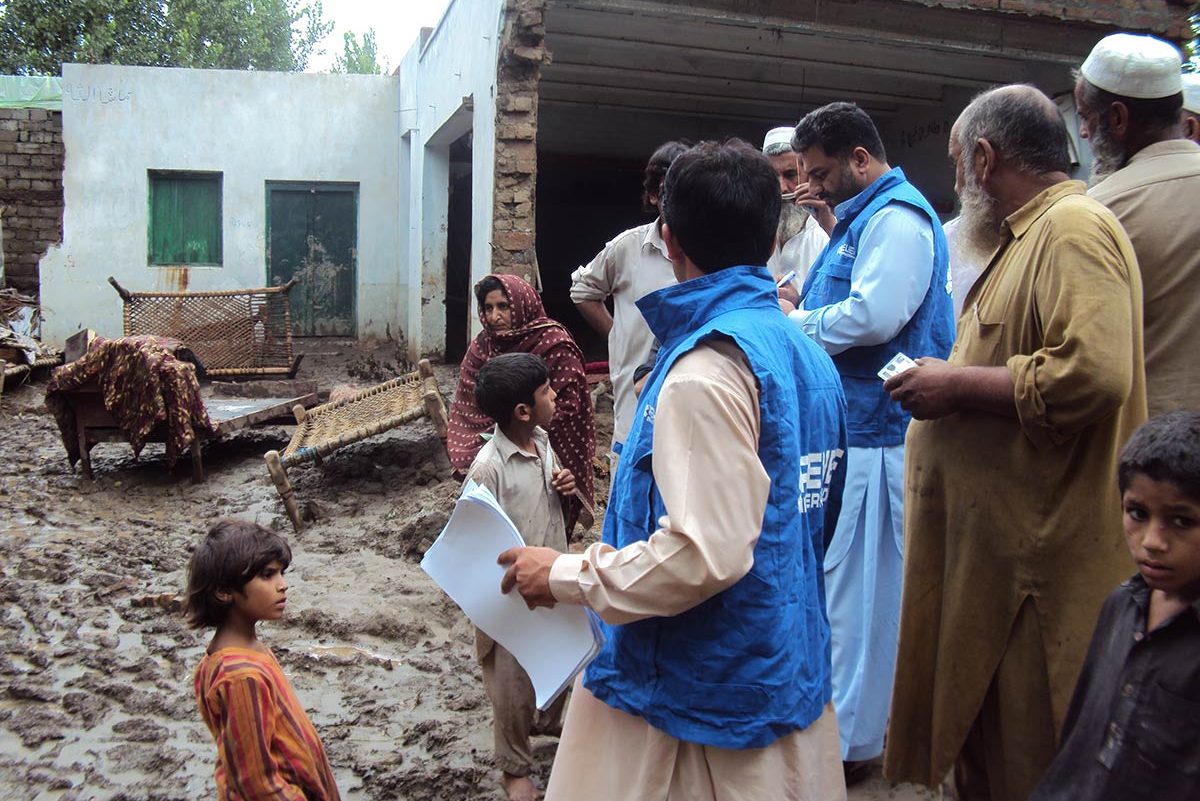
Heavy rainfall in late July and August unleash unprecedented flooding in one of the country’s worst natural disasters on record. High floodwaters destroy homes, crop fields, and infrastructure, leaving millions at risk of malnutrition and disease. In Punjab, Relief International works to combat child malnutrition by providing emergency food rations for more than 100,000 people in Balochistan, Khyber Pakhtunkhwa, and Sindh provinces.
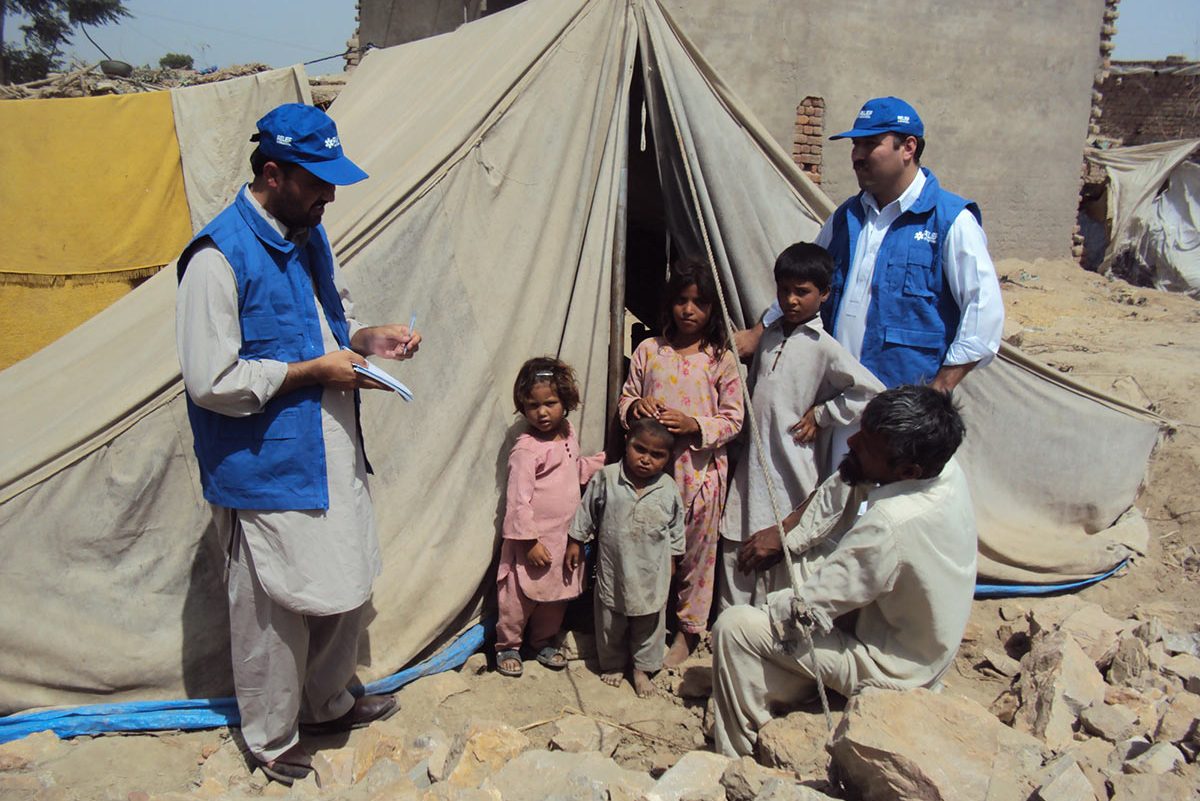
Nearly 400,000 people are forced to leave their homes due to an escalation in fighting in Khyber Pakhtunkhwa province. Relief International provides support to these displaced families through economic development programs, including backyard poultry programs.
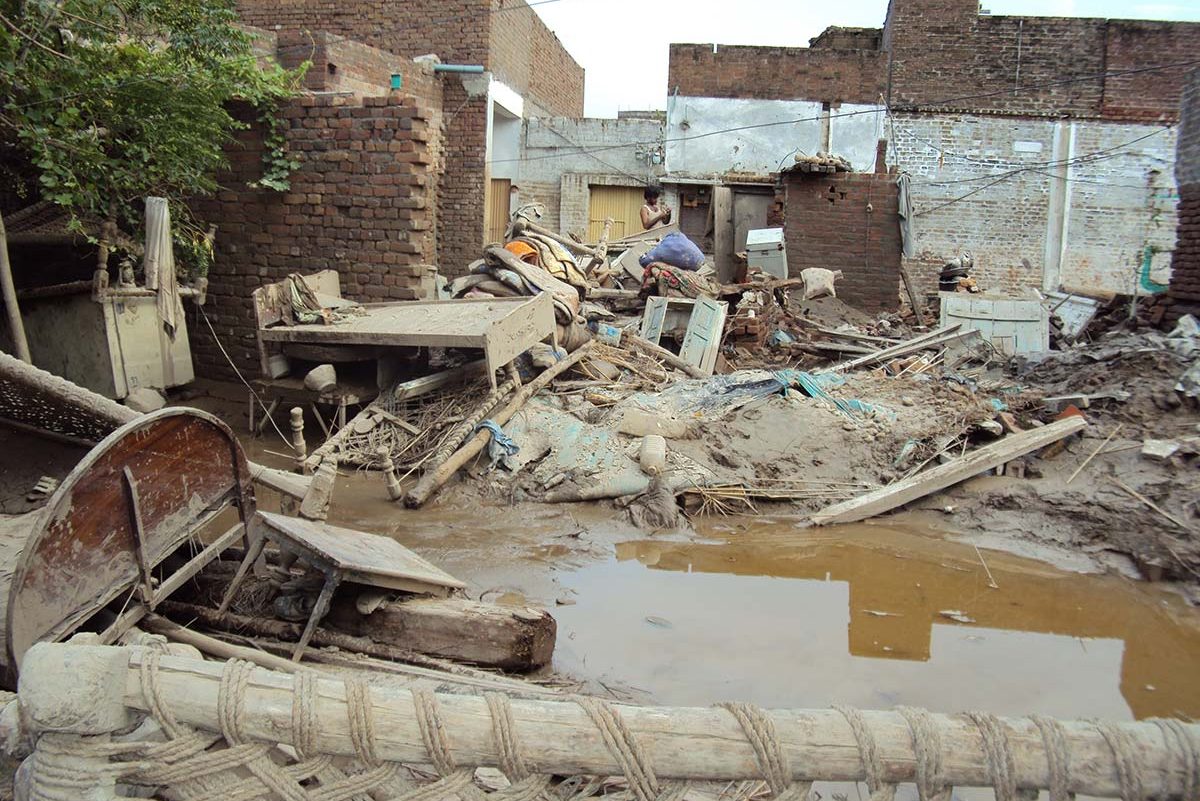
From early August through October, monsoon rains cause widespread loss of life, livelihoods, and infrastructure across the country. Our teams respond swiftly to the unfolding crisis, providing emergency provisions of clean water, food, shelter, hygiene kits, medical supplies, and services for 100,000 families located in Pakistan’s Balochistan, Khyber Pakhtunkhwa, and Punjab provinces.
In flood-affected villages in southern Punjab, Relief International works to rebuild the area’s agricultural industry to help revive the local economy. Our efforts include developing sustainable farming practices, including kitchen gardens and vegetable plots managed by community members.
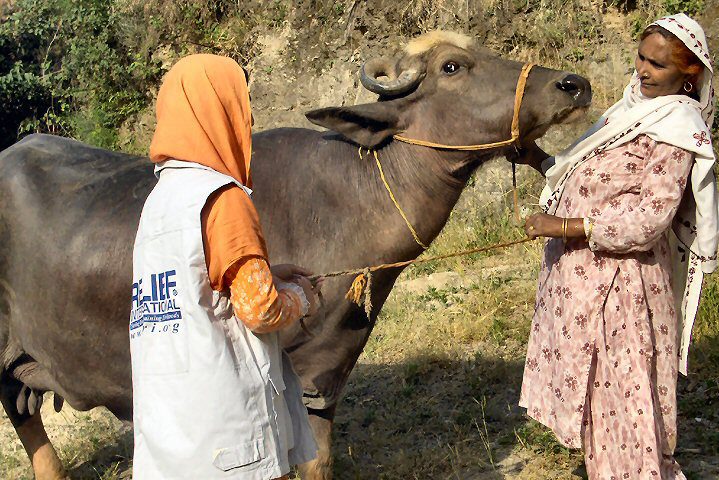
As part of a global Livestock for Life program, Relief International trains a wide network of community animal health workers and forms school health clubs to train a new generation in the management of zoonotic diseases. Relief International forges links with ministries across Afghanistan, Pakistan, Yemen, and Somalia to integrate zoonotic disease surveillance into existing government regulations.
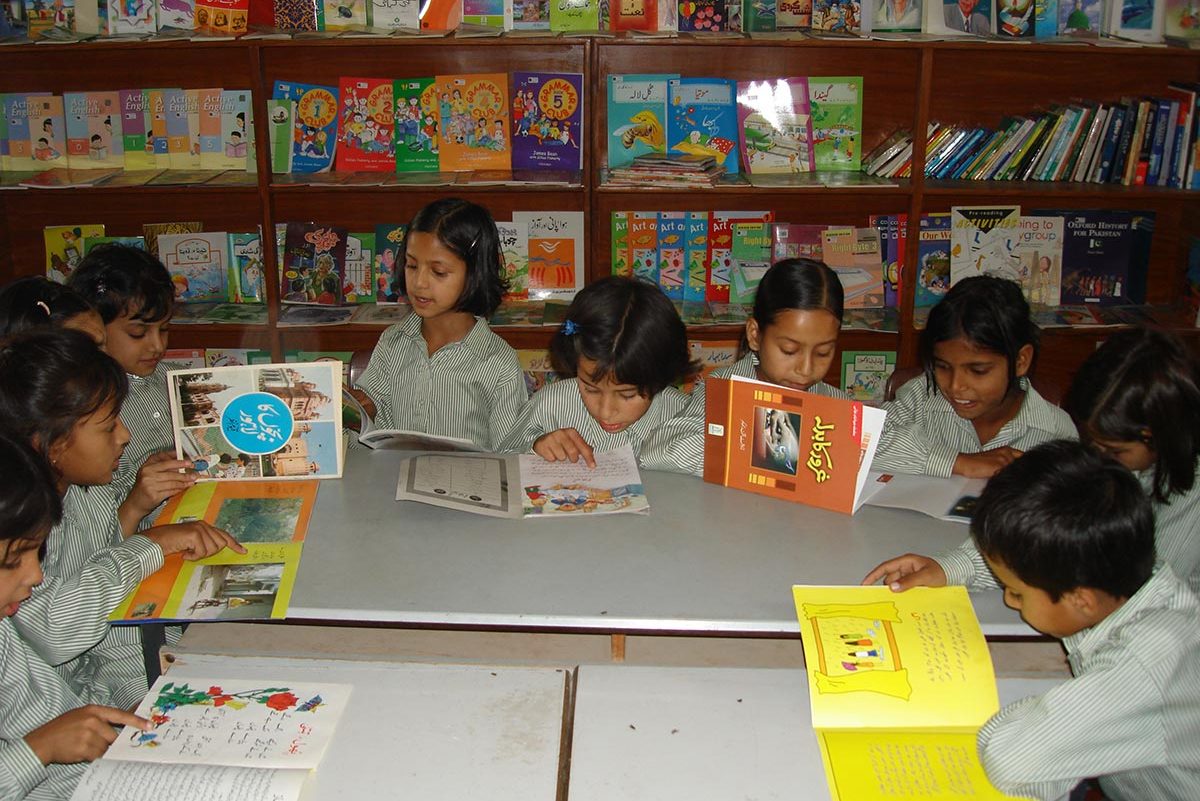
Pakistan hosts one of the world’s largest refugee populations, sheltering 1.4 million registered Afghan refugees. Relief International works to break down socio-cultural barriers preventing Afghan refugee children, particularly girls, from continuing their studies. Through our PEACE program, our teams of education experts work to increase enrollment and retention among first and second grade Afghan refugee students.
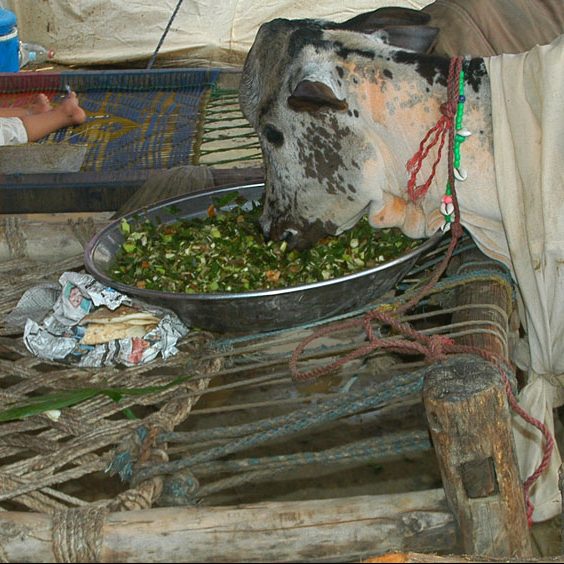
More than six in 10 infectious diseases in humans are spread from animals. These illnesses are known as zoonotic diseases, and Relief International has been working to combat them in Pakistan.
With a gift to Relief International, you can help deliver safe drinking water. You can help provide healthcare to displaced families, far from home. You can help ensure girls and boys alike receive an education, which in turn creates paths towards employment. This all starts with you.
